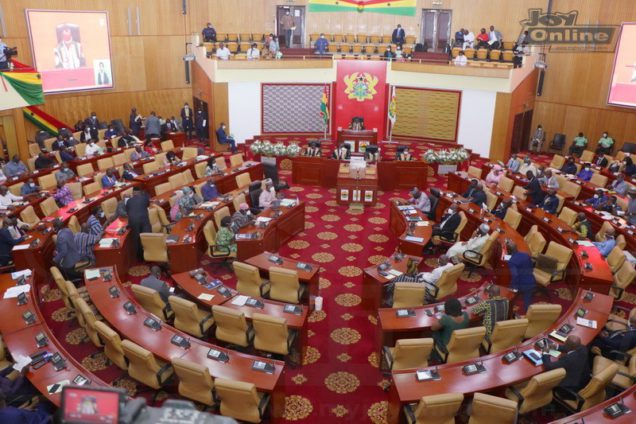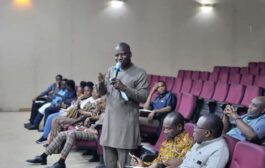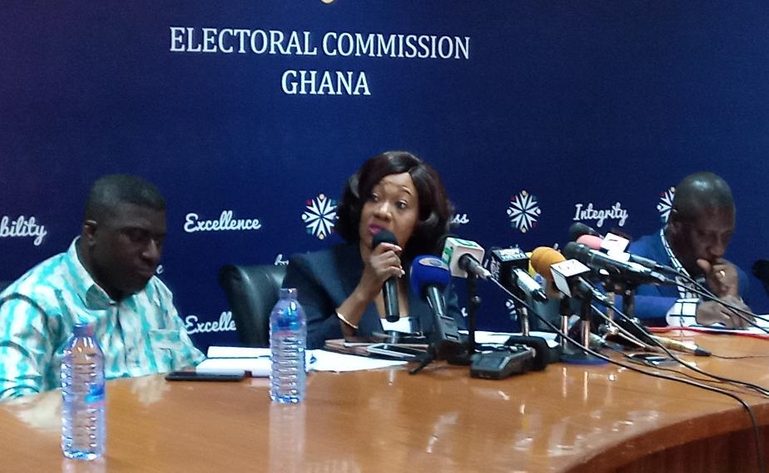The government has decided to reduce the E-Levy charges from 1.75% to 1.5%, Ken Ofori-Atta, the Minister for Finance has said.
He said the decision for the reduction was due to the various stakeholder engagements undertaken by the government.
Moving for the E-Levy Bill to be read for the second time in Parliament on Tuesday (29 March), Ofori-Atta said: “…the government has also decided to reduce the rate of the levy from 1.75% of the transfer to 1.5% of the transfer.”
He said the object of this bill [E-Levy] is to broaden the tax of the country and impose a levy on electronic transfers to enhance the government’s drive for revenue mobilisation.
The revenue from the E-Levy is expected to raise about GHC6.93 billion in 2022.
Ofori-Atta said: “…a key mechanism that the government will use to ensure that more Ghanaians and the public contribute their first share towards the development of the country.”
He added that the proceeds from the E-Levy shall be used to “address the seemingly intractable and hydra-head of challenges of high youth unemployment, inadequate and poor fiscal and digital infrastructure including roads, rising public debt and a diminishing entrepreneurship culture while maintaining and sustaining the flagships programme.”
He said digital transactions have witnessed a steady rise over the years but has largely remained untaxed.
Ofori-Atta said the levy has been designed to widen the tax net, help increase the per capita ratio and generate the much-needed funds for the country.
“It will be charged anytime a person transacts mobile money or bank account just as with the case of mobile money transactions fees. The levy will be paid by the sender of the money,” he added.
Meanwhile, the Minority in Parliament staged a walkout during the second reading on the E-levy.
They walked out after the Minority Leader leader Haruna Iddrisu said the NDC MPs remain united in opposing the policy.
Contributing to the E-levy debate on the floor of the House on Tuesday March 29, he described the policy proposal as punitive which if approved will further increase the “the high cost of doing business in the country.”
“E-levy is the nuisance of nuisance tax,” he said, adding that “businesses are suffering under your watch. We are united that we will not support E-levy, we will not vote for E-levy.”
Source: Mybrytnewsroom.com

















































